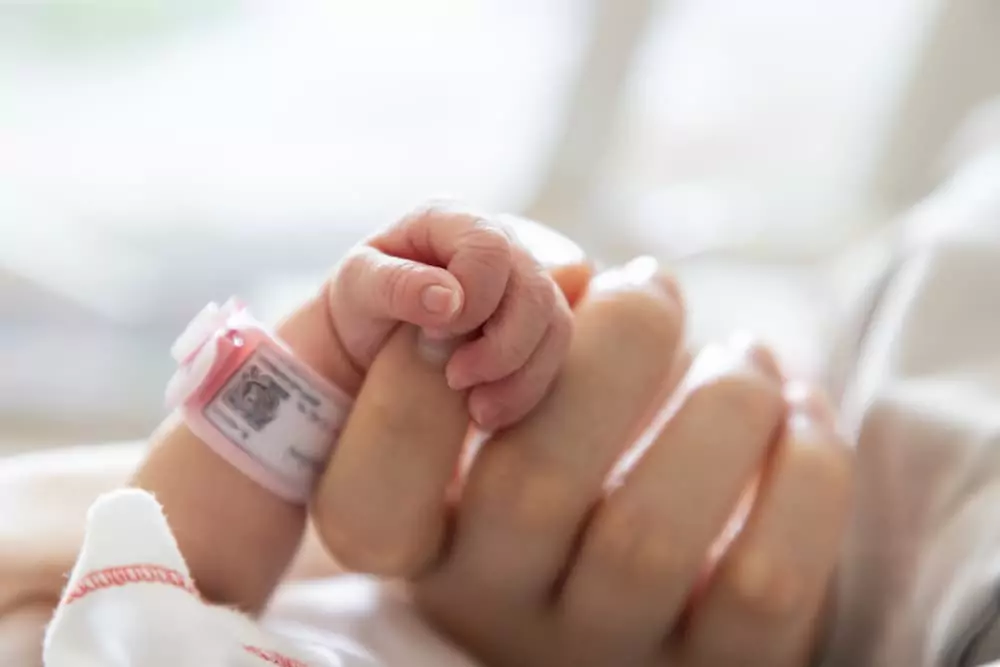The placenta is a one-of-a-kind organ that plays a significant role in pregnancy. It assists in transmitting oxygen and essential nutrients between the maternal and baby’s blood and removes waste from the baby’s blood. Besides these functions, the placenta is a valuable component used to treat severe sores, burns, and other wounds that are difficult to heal. Mothers can donate their placenta after birth for medical use rather than having it discarded.
Placenta and birth tissue donation is a highly kind act. At Gift of Life Michigan, we’re here to go over everything you need to know if you’re considering donating your placenta after giving birth.
How Does Placenta Donation Work?
Placenta donation starts by speaking to your doctor about your desire to donate. They will then provide a donation form, which you will fill out. In order to donate your placenta, you must be free of any diseases that can be transmitted to the patient receiving the donated product.
You will be asked to complete a medical and social history questionnaire and have your blood drawn for testing.
After submission, our birth tissue technician will review your medical records to determine whether you qualify for the donation.
After your baby is born, your midwife will confirm that you’ve consented to a birth tissue donation and pass it to a dedicated collection room within the delivery suite, where it will be tested, treated, and processed.
Please note that placenta donation works for both C-section and normal delivery.
At the time of your delivery, a Gift of Life Michigan technician will be available to collect your donation, and it will be on its way to save another person’s life.
Placenta donation requires no surgical procedure and won’t cost you or your family a dime!
Who can Donate their Placenta?
Any healthy, expecting mother can be a placenta donor unless diagnosed with an infectious disease. This includes infections and viruses like hepatitis, HIV, and other conditions that could pass on to the patient receiving the birth tissues. A donor should also meet the provided screening requirements.
You may also donate even if you have conceived through IVF, provided you’ve not used a donor sperm or egg.
It bears emphasizing that the health and safety of the mother and child are completely safe even after considering a birth tissue and placenta donation. There are no risks involved in this procedure since the placenta is only collected after the baby’s birth.
Who Can Benefit from a Placenta Donation
The placenta tissue consists of chorion and amnion membranes, which contain bioactive molecules, special cells, and growth factors known for their body healing mechanism. Each donated placenta can produce between 8 – 10 grafts. Therefore, every donation can save up to 10 patients in the following ways:
- Treatment of non-healing wounds
- Treating burns
- Promoting healing and reducing scarring in reconstructive procedures
- Alleviating pain that results from scar tissues in spinal cord procedures
- Relieving pain in sports injuries
Presently, multiple studies are being carried out on other potential uses of placenta membranes across different medical fields, such as neurosurgery, dentistry and urology.
Become a Birth Tissue Donor Today
Due to the placenta’s exceptional healing potential, it’s best to have it utilized in treating fatal non-healing wounds and scar healing in reconstructive surgeries. If you reside in Michigan and would like to have your placenta used in a good course, please don’t hesitate to sign up on the Michigan Organ Donor Registry. The process is a quick and straightforward process that’s completed online and could only take less than five minutes.
Image Source: Ratchat/Shutterstock








